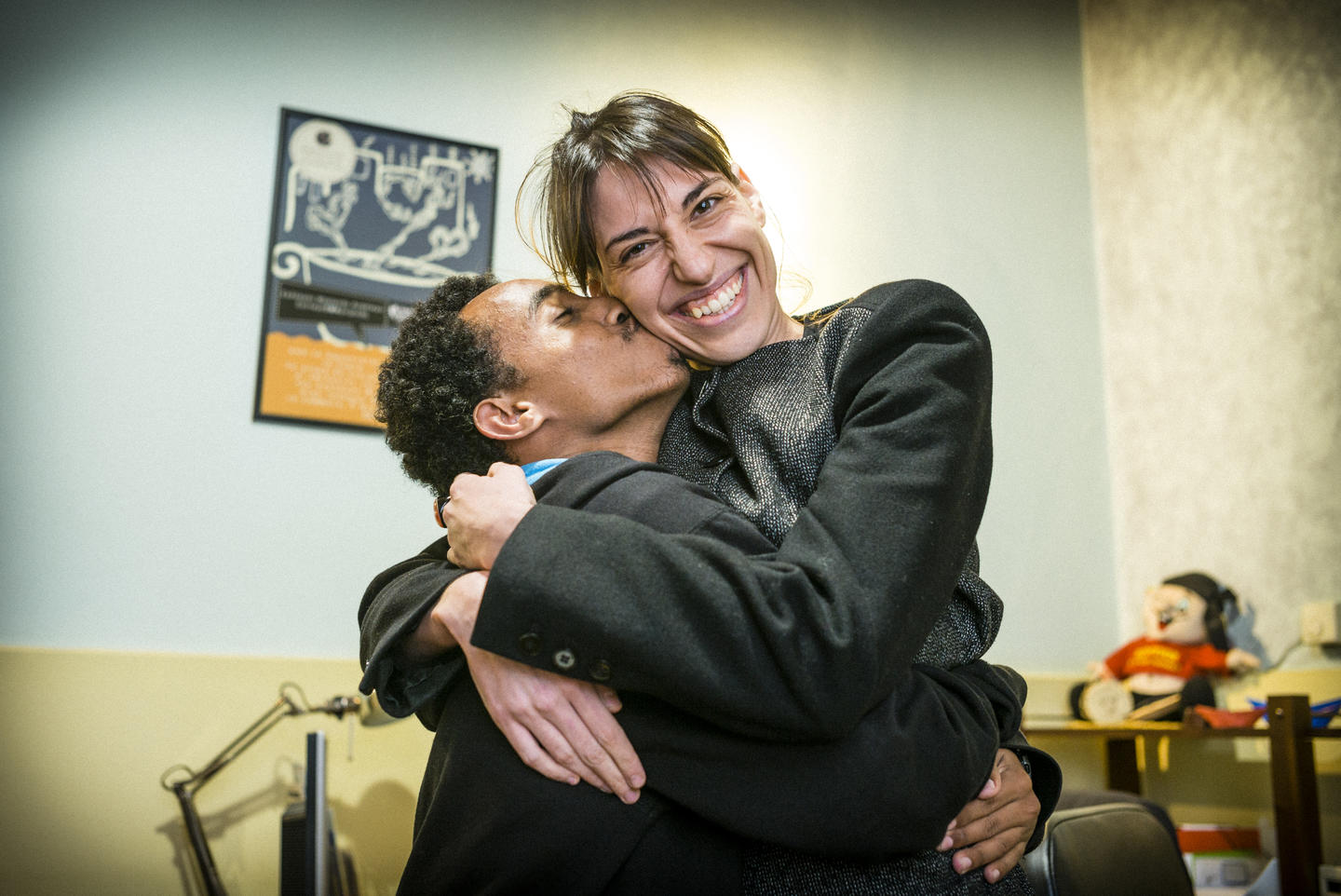Key information about the programmes
- The programmes are operated by: Crow SOL Management Consulting Services and Human Rights 360 on behalf of the Financial Mechanism Office
- The Donor Programme Partner in the Asylum programme is: The Norwegian Directorate of Immigration
- The programmes’ objectives are: Functioning national asylum and migration management systems ensured and the right so seek asylum safeguarded; and enhanced research-based knowledge development
- The programme funding for the Asylum programme amounts to € 16 million (excluding co-financing), and the programme funding for the Local Development programme amounts to € 6,5 million (excluding co-financing). Both programmes are funded entirely by the EEA Grants.
Why are the programmes needed?
Greece is one of the main entry ports to Europe for a large number of people migrating from the Middle-East, Africa and Asia. While the peak of the refugee crisis has passed, and several measures have been undertaken by the Greek authorities, the humanitarian situation for refugees and migrants continues to be difficult particularly for vulnerable groups such as unaccompanied minor migrants. The situation in Greece emphasises the need to adopt long-term contingency planning and develop horizontal coordination mechanisms to ensure an effective coordination among migration and asylum related services. In general challenges in Greece include: limited of capacity among civil society organizations; low interaction between private and public actors; limited capacity in existing accommodation facilities; human trafficking and exploitation; and a general mistrust and dissatisfaction towards the management by local Greek inhabitants on islands which host refugees and migrants.
Integration of refugee children in Greek schools is difficult. Challenges are language barriers, access to quality teaching and learning materials, as well as lack of adequately trained education staff. A safe learning environment and inclusive approach is needed in order to help integrate children in the school environment necessary to help children to adapt. Further, there is a need to promote better access to the welfare system, to promote equal rights and opportunities for vulnerable groups and to contribute to addressing unemployment for example by supporting apprenticeships and capacity building in Greece.
What will the programmes achieve and who are the beneficiaries?
Through its activities the Asylum programme aims to improve the quality of accommodation and other services provided in open reception centres; strengthen the capacity of key institutions to ensure protection of vulnerable asylum seekers, particularly unaccompanied minors (UAMs); improve operational procedures and capacity of the Greek Asylum Services and Appeal Committees; secure orderly and humane voluntary return of migrants or vulnerable groups. The programme aims to provide services to 750 accompanied minors and 2250 unaccompanied minor asylum (UAM) seekers. 225 new accommodation places are foreseen reserved from UAMs. International experts from Norwegian Refugee Council (NORCAP) is expected to be seconded to support the work of Reception and Identification Services, relevant ministries, and the National Centre for Social Solidarity for a total of 522 months.
In relation to the Local Development programme activities are foreseen to improve integration of refugee children in Greek schools; and increase opportunities for integration and social inclusion for vulnerable groups. The programme aim is to make a safe environment learning environment for children in schools, and support individuals at risk of social moralisation and exclusion. In total 3200 educational staff – including coordinators, directors, and teachers – is foreseen trained; 150 schools are foreseen implementing an inclusive and democratic school culture. Further, to increase the opportunities for integration, the programme aims to provide or improve the service provision for 10 000 beneficiaries in the Athens Solidarity Center; The center will also provide 2400 persons with legal representation; carry out 4000 psychology sessions; as well as make psychological supervision available to staff working in these environments.
How will the programmes strengthen bilateral relations?
Both the Asylum programme and Local Development programme in Greece contribute to strengthening bilateral relations between Greece and the three Donor countries Iceland, Lichtenstein and Norway. At project level the Norwegian Directorate of Immigration (UDI) will support the Asylum programme by providing advice. NORCAP and The European Wergeland Centre will also be involved in implementation of projects. The collaboration is expected to contribute to mutually beneficial knowledge sharing and activities, and long-lasting cooperation between involved partners.
Availability of funding through open calls
In addition to six pre-defined projects across the two programmes, the Asylum programme will launch one call tentatively planned in 2019:
- Accommodation and services for vulnerable asylum seekers – October 2019
